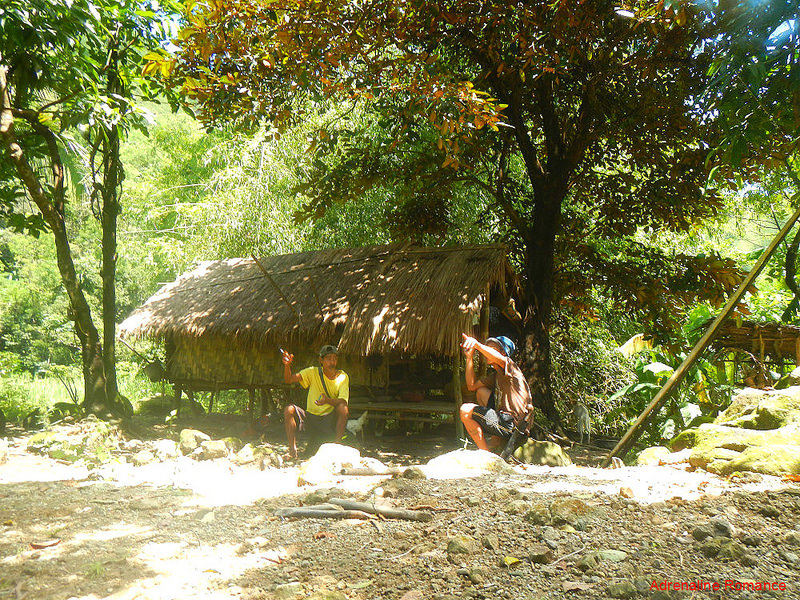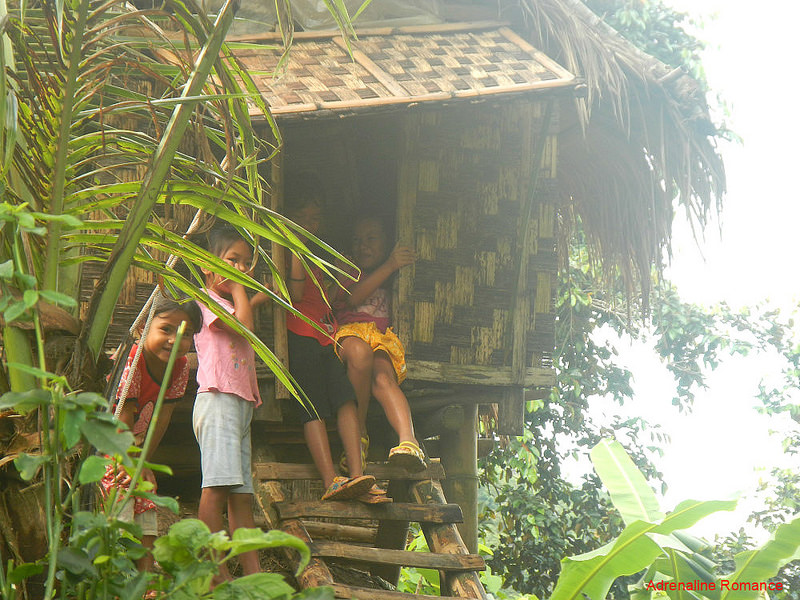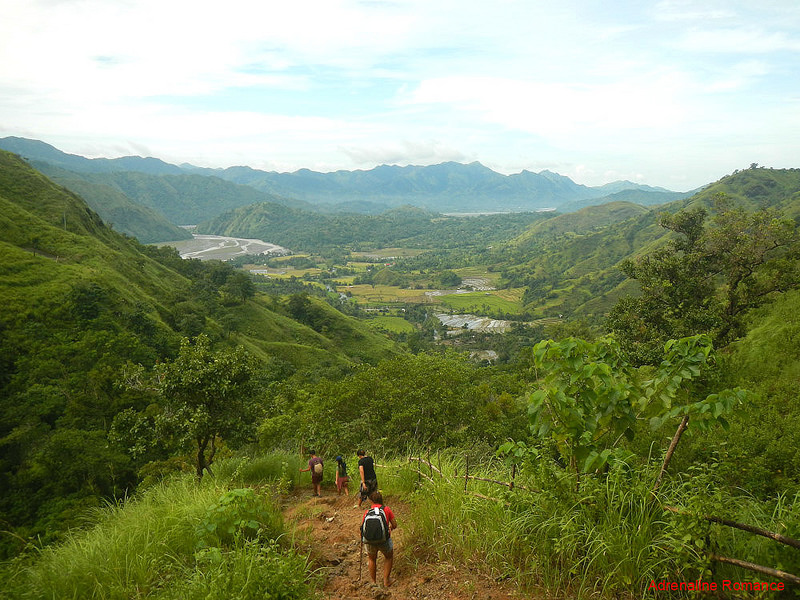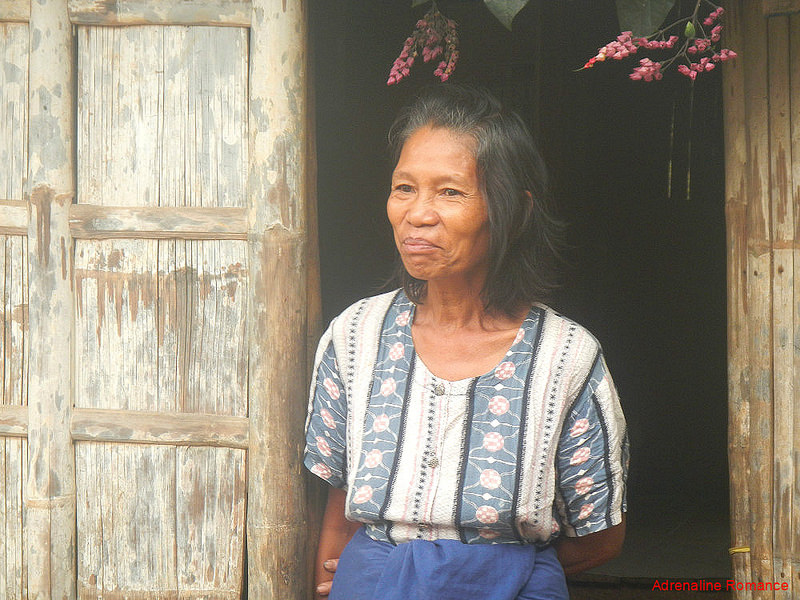When you climb a mountain, pass by a highland village, or immerse with a tribe, you need to be consciously aware that you’re a stranger. Your presence alone disrupts the natural flow and dynamics of the place. Imagine if you actively do things that you’re not supposed to do. That will truly exacerbate the situation! Worse, you may inadvertently change the culture of that community.
Expedition and Wilderness Emergency Medical Services Physician Dr. Ted Esquerra and outdoor adventure guru Ramon Jay Jorge share to us the proper way to observe cultural sensitivity and the proper behavior to exhibit when interacting with mountain communities.
Do’s

- Study the place, its culture, and political and economic setup where you will pass by or immerse.
- Be courteous to anyone you meet along the trail.
- Upon arrival, signify the intention of your visit to the chieftain, elder, tribal council, or barangay captain of the community.
- Stay in one place where you can be seen by the majority of the community members or elders.
- If you intend to hire porters/beasts of burden, deal only with the community coordinator.
- Accept food offerings of the community with expressions of gratitude.
- Ask permission to any community member when doing/asking something (e.g. ask to fetch water in a well).
- Treat mountains, caves, rivers, etc. as sacred places. Most of the resident tribal communities consider these places as gods, havens of the gods, or holy grounds.
- Join community gatherings, activities, and celebrations only if invited to do so.
- If you are invited to teach, teach only what can be appreciated by the community.
- Respond appropriately to friendly gestures.
- Respect their beliefs and superstitions.
- Observe silence. These folks enjoy the tranquility and peace of their environment.
Don’t’s

- Don’t drink alcohol, take drugs, or make revelries in tribal areas. This is common sense, but you’ll be surprised as to how many visitors would do this.
- Don’t expect luxuries. Accept and appreciate what they have.
- Don’t ask for anything. The problem with social climbers/trekkers is that they ask for conveniences—their conveniences.
- Don’t be boisterous, arrogant, vulgar, or rude. Be polite.
- Don’t wear indecent or offensive clothes.
- Don’t show off gadgets, cell phones, jewelry, or other items that are alien to the community.
- Don’t do these things without asking permission first:
- taking photos
- approach women, children, and old people
- visiting ritual sites and burial grounds
- enter homes and properties
- touch ornaments. They may be sacred items for the community.
- Don’t correct or make fun of their beliefs. Each community has its own distinct and unique beliefs.
- Don’t comment or show disapproval to some “grotesque” rituals such as breaking of chicken’s neck in a tribal dance.
- Don’t kiss, hug, or do indecent acts in front of a community member.
- Don’t laugh or giggle in front of the community. That’s because even if you didn’t mean anything, they might assume that you’re making fun of them.
- Don’t leave trash behind, whether biodegradable or non-biodegradable.
- Don’t pollute rivers, creeks, wells, and other water sources.
- Don’t vandalize such as etching your name on artifacts or rock walls.
- Don’t destroy traps set by community hunters. Don’t hunt!
Preventing Culture Contamination

- Pay the local only the amount that was agreed upon. Do not bribe or give tips. When you introduce the concept of bribing or tipping to a normally honest community, you change their idea about money. This later manifests to exorbitant rates and questionable fees, which we all complain about.
- Don’t visit a remote community as a large group. Remember that these people are wary of single strangers, so you can imagine what they are thinking if they see a group of strangers.
- When taking photos, be unobtrusive. Don’t ask people to pose for you. Keep a distance between you and the subject that you’re shooting.
- Avoid teaching things or giving stuff that the community doesn’t need.
- Avoid showing interest in buying items from the community. Never establish trade without the knowledge of the elders.
- Don’t introduce another paradigm that is alien to the community such as playing loud disco music in a community that values their own music.
- Never assure the community that your knowledge, medicine, food, equipment, tools, etc. are better than theirs.
- Tribal communities are fond of communal eating. Don’t eat separately from a family or a group.
The most meaningful travel happens when you go down deep, listen to the stories, and immerse in the ways of life of these wonderful people. It’s incredibly inspiring to see how they value their environment and culture.
However, you should remember that you are just a visitor. No matter how you think highly of yourself, you are the odd person out. As thus, you should leave as little trace as possible, whether it be on the environment or with the cultural practice of the people.
Author: Gian and Sheila from Adrenaline Romance. Rock climbers. Mountaineers. Sweethearts on adventure. Adrenaline Romance is a photoblog that belongs to a loving couple who has an eternal lust for adventure, in the Philippines and beyond.






Comment (0)